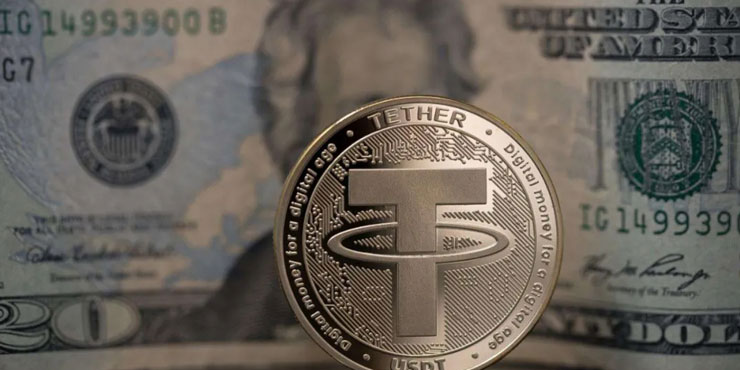Homeownership has long been associated with the American Dream; for many, it represents the single largest financial commitment they will make in their lifetime. People rush into the housing market as property prices and loan rates fall, increasing demand. However, despite today's cheap interest rate environment, one generation isn't necessarily aiming for homeownership right soon.
Affordability
Generally, mortgage payments should not exceed 25% of a homeowner's gross monthly income. They can't afford it if they're willing to pay more than that. As the affordability gap between property values and income levels increases, Millennials will have more difficulty purchasing a home.
In January 2020, the National Association of Realtors (NAR) reported that the house affordability index had risen over 100 for the first time since September 2018. It was 109.3 in 2015 and fell as low as 92.5 in 2018.
Not Yet Married

Only around 60% of adults between the ages of 25 and 34 lived with a spouse or a partner in 2018, down from more than 80% in 1967. According to U.S. Census Bureau data from 2018, Americans are marrying later than ever, with women marrying 27.8 years old and males marrying on average 29.8 years old. A first-time parent is typically 26 years old. Still, this number rises for women with college degrees and those who live in metropolitan areas, according to the Centers for Disease Control (CDC).
High Levels of Student Debt
By the beginning of 2020, student debt in the United States is expected to reach $1.6 trillion. Millennials are seeking to enter the housing market, so it has become a hardship. Many of these people are also dealing with low earnings and pay hikes in the workplace, which burdens their ability to repay their debts. According to NAR, more than half of student loan debt was cited by homebuyers under the age of 36 as a factor in their delay in purchasing a home.
Tighter Loan Standards
Banks tightened credit underwriting to lower the risk. The 20% down payment threshold for homeowners was also doubled down. On the other hand, millennials are taking longer to save enough money to put down on a home as prices climb. According to Bank of America, the current 25-34-year-old group began their careers while the economy and labor market were still vulnerable during the financial crisis and early recovery phases.
The Allure of Bright Lights

The number of millennials moving to cities is growing at an alarming rate. Eighty-eight percent of Millennials now reside in urban settings, according to a 2018 Pew Research study. For various reasons, Millennials are increasingly choosing to reside in metropolitan areas with a higher number of renters than homeowners, driving up rental rates there. In the 10 most densely populated cities, new house sales have surpassed 2000 levels within five miles of the centers, while sales are approximately half as high as 2000 levels ten miles outside of the city, according to BuildZoom data.
Cash-Strapped Millennials
Millennials are, by far, the most cash-strapped generation. More than 70% of recent college grads are still paying their student debts. The average 2016 college grad owes $37,172 in student loan debt, making it tough to save enough for the 20% down payment required by the gold-standard mortgage lenders.
Saving For A Down Payment: A Practical Guide
There are ways to save money for a down payment, which is wonderful. You can save money by sharing a room with someone else. Rent, utilities, and other housing expenses can be split among two, three, or even four individuals, resulting in several thousand dollars in annual savings. Having extra roommates lowers one's monthly rent. Take public transportation, walk, or bike to work if you're a millennial in a major city. Get rid of your car and save thousands of dollars in car payments, insurance, and petrol costs.
Owning Is Cheaper Than Renting
Owning a home still works out to be less expensive than renting an apartment or a house. Trulia's research revealed that for millennials, owning a home is 23 percent cheaper than renting. In 2001, the average rent for a one-bedroom apartment in the United States was $841; in 2015, it was $1,341. That's a 59.4 percent increase; analysts expect rental rates to climb to 4% yearly.
The advantages of owning a house are much more compelling. A rental payment goes directly into your landlord's pocket, but a mortgage payment helps you develop equity in something you already own. This means you may keep even more money you spend on your principal and interest payments by deducting them from your taxes.
The Verdict
Even though Millennials defer homeownership, rising housing prices in the United States show that it is not entirely out of reach. Social shifts in how young adults live have driven homeownership to historic lows and increased the average age of Millennials who are still living at home.




